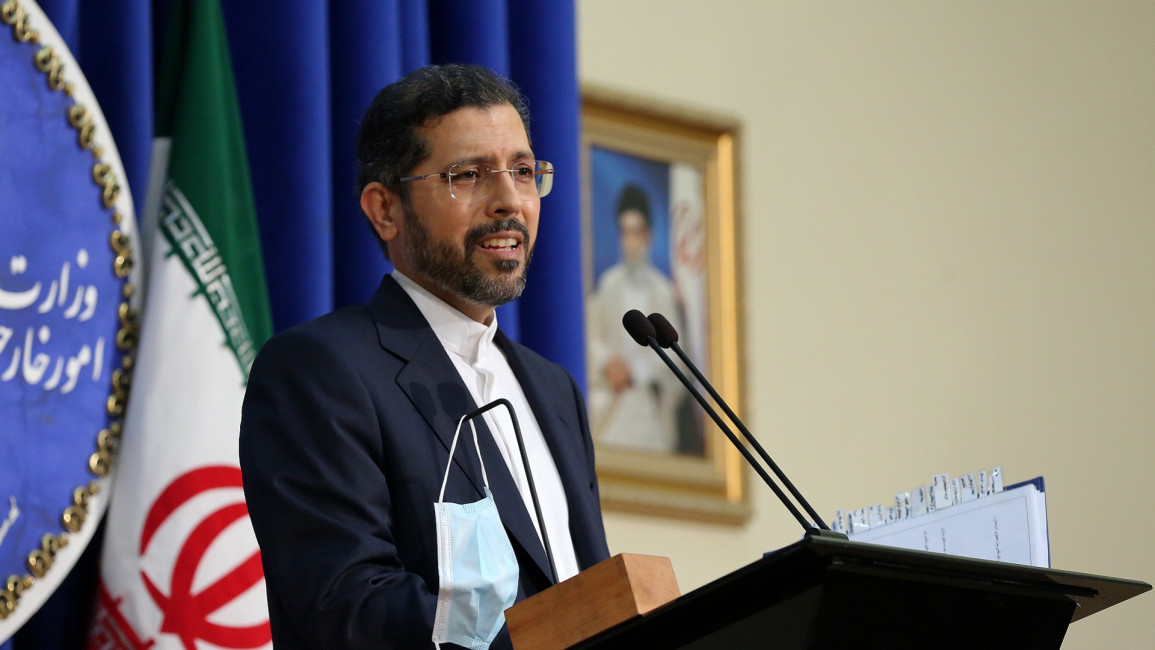Iran asks Indonesia for clarification regarding tanker seizure
Iran said on Monday that the seizure of one of its oil tankers by Indonesia was a "technical matter" and called on the Indonesian government to provide information on the incident.
"We have requested that the Indonesian government provide us with more information and are waiting for it. So far, we have received some contradictory information and we would like to have more transparency on this,” Iranian Foreign Ministry spokesman Saeed Khatibzadeh said.
He rejected any connection between the seizure of the supertanker and that of a South Korean tanker which was seized by Iran in the Strait of Hormuz earlier in January.
“We have come across similar incidents with southeastern Asian countries before, which had been settled. Right now, the atmosphere is affected by politics and there is a tendency to link incidents to each other," Katibzadeh said.
Reportedly, some Indonesian citizens were aboard the South Korean tanker.
Read also: Does Ayatollah Khamenei want to make Iran into North Korea?
Indonesian authorities said they seized the Iranian tanker, as well as a Panamanian tanker, both suspected of illegally transferring oil, on Sunday.
The tankers - the Iranian-flagged MT Horse and the Panamanian-flagged MT Freya - were seized in waters off Indonesia's West Kalimantan province, a spokesman for the Indonesian Maritime Security Agency said.
The spokesman said the tankers are suspected of a variety of violations, including not displaying national flags, shutting off their identification systems, anchoring illegally as well as the illegal transfer fuel between ships and spilling oil.
Iran, home to major oil and natural gas reserves, has seen its sales abroad deeply impacted by US sanctions after former President Donald Trump unilaterally withdrew the US from Tehran's nuclear deal with world powers in 2018.
That cut a crucial source of government revenue in Iran's long-struggling economy.
In the time since, Iran has relied on black-market sales and deals with Venezuela to keep its sales going.
Iran's state-owned fleet of oil tankers routinely travel turn off their Automatic Identification System trackers to try and mask where they deliver their cargo.
Those AIS beacons, a safety measure so other ships know what's around them, can be tracked.
Analysts say those ships often transfer their oil to other ships, that then sell the crude under false pretences.
Follow us on Facebook, Twitter and Instagram to stay connected



